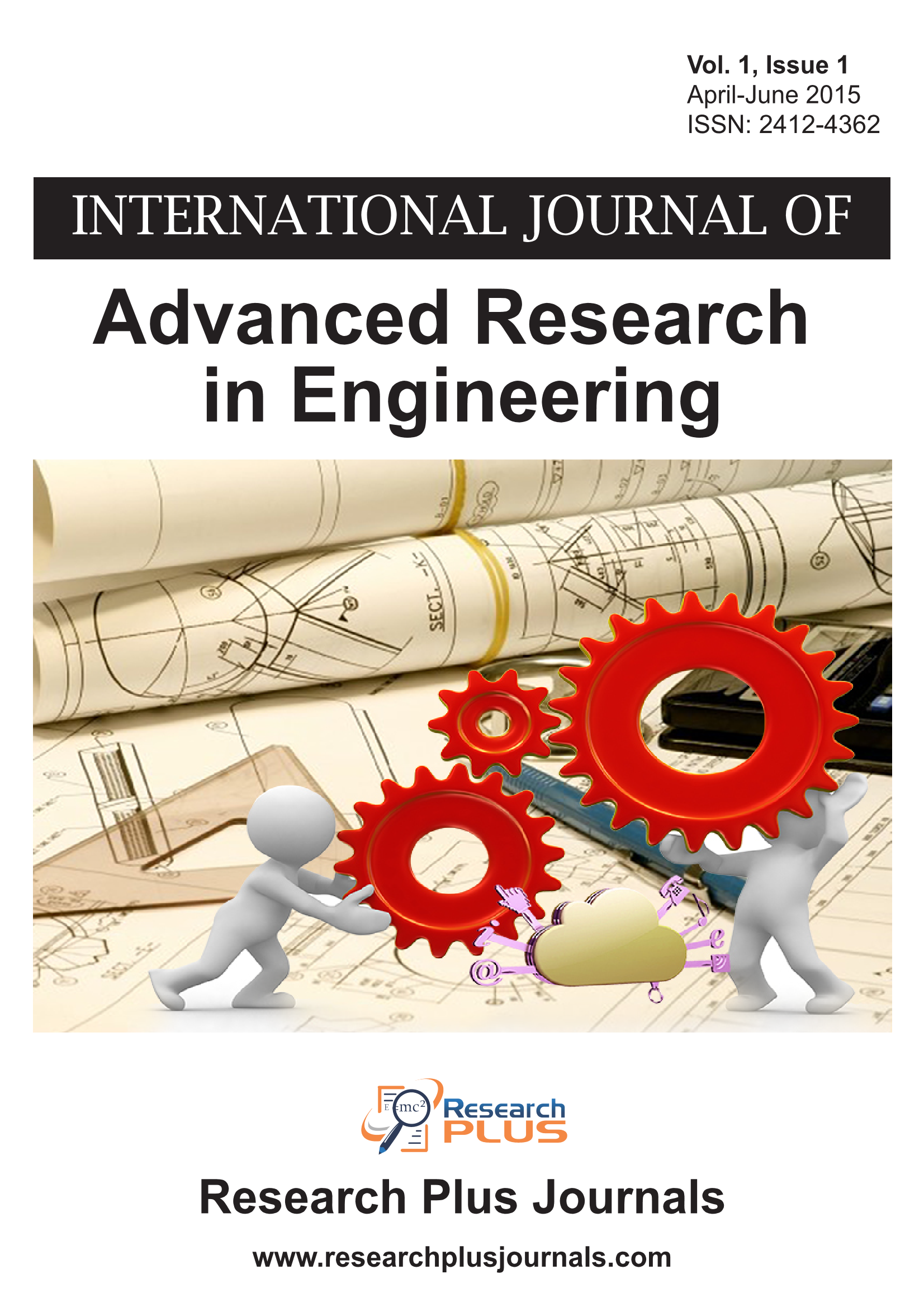Improved Trust Prediction in Business Environments by Adaptive Neuro Fuzzy Inference Systems
Abstract
Trust prediction turns out to be an important challenge when cooperation among intelligent agents with an impression of trust in their mind, is investigated. In other words, predicting trust values for future time slots help partners to identify the probability of continuing a relationship. Another important case to be considered is the context of trust, i.e. the services and business commitments for which a relationship is defined. Hence, intelligent agents should focus on improving trust to provide a stable and confident context. Modelling of trust between collaborating parties seems to be an important component of the business intelligence strategy. In this regard, a set of metrics have been considered by which the value of confidence level for predicted trust values has been estimated. These metrics are maturity, distance and density (MD2). Prediction of trust for future mutual relationships among agents is a problem that is addressed in this study. We introduce a simulation-based model which utilizes linguistic variables to create various scenarios. Then, future trust values among agents are predicted by the concept of adaptive neuro-fuzzy inference system (ANFIS). Mean absolute percentage errors (MAPEs) resulted from ANFIS are compared with confidence levels which are determined by applying MD2. Results determine the efficiency of MD2 for forecasting trust values. This is the first study that utilizes the concept of MD2 for improvement of business trust prediction.
Copyright & License
All Research Plus Journals (RPJ) publish open access articles under the terms of the Creative Commons Attribution (CC BY-SA 4.0) https://creativecommons.org/licenses/by-sa/4.0/ License which permits use, distribution and reproduction in any medium, provided the original work is properly cited & ShareAlike terms followed.
Copyright on any research article in a journal published by a RPJ is retained by the author(s). Authors grant RPJ a license to publish the article and identify itself as the original publisher. Upon author(s) by giving permission to RPJ either via RPJ journal portal or other channel to publish their research work in RPJ agrees to all the terms and conditions of https://creativecommons.org/licenses/by-sa/4.0/ License and terms & condition set by RPJ.
3rd party copyright
It is the responsibility of author(s) to secure all necessary copyright permissions for the use of 3rd-party materials in their manuscript.
Disclaimer
Research Plus Journals Open Access articles posted to repositories or websites are without warranty from RPJ of any kind, either express or implied, including, but not limited to, warranties of merchantability, fitness for a particular purpose, or non-infringement. To the fullest extent permitted by law RPJ disclaims all liability for any loss or damage arising out of, or in connection, with the use of or inability to use the content.
















